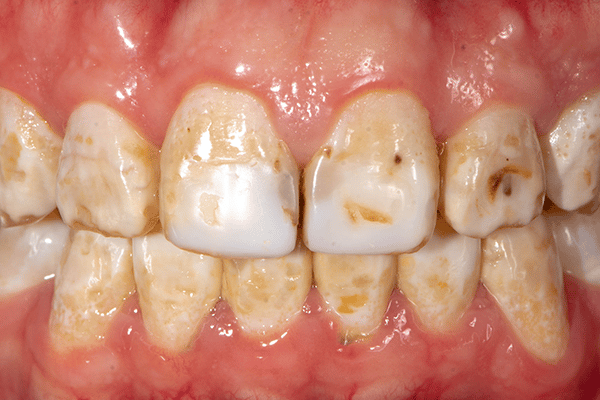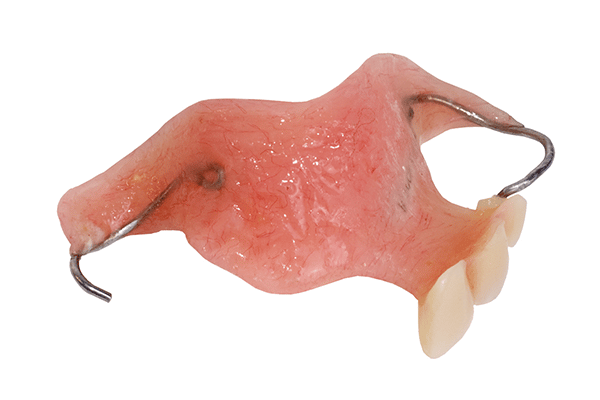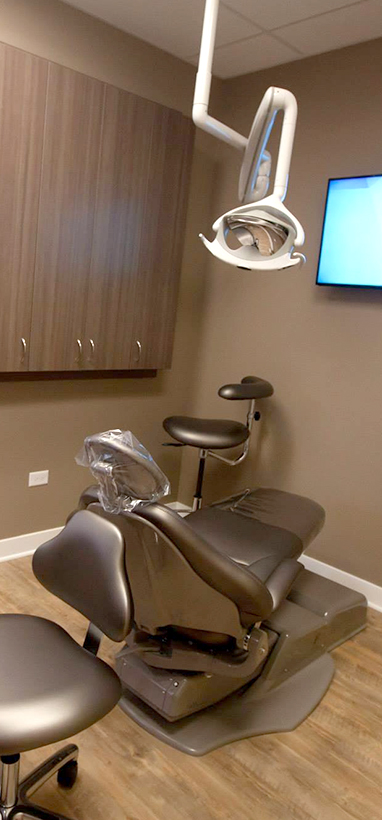1516 Legacy Cir, Naperville, IL 60563
National Dental Hygiene Month

October is National Dental Hygiene Month! This month is used to celebrate and recognize dental hygienists, along with raising awareness about oral health. Here are some things you may not know about your dental hygienist.
1. They Have to Pass Multiple Board Exams
Before obtaining a state license to become a registered dental hygienist (RDH), obtaining a degree and passing written and clinical board exams is required. Specific prerequisites are required in order to be accepted into a dental hygiene program, and many colleges accept less than 30 students per year into their programs. The rigorous coursework includes classes such as Pharmacology, Radiology, and Periodontology, along with seeing patients. Hygienists can choose to either obtain a Bachelor or Associate of Science in Dental Hygiene.
2. They Can Inject Local Anesthesia
Dental hygienists, depending on the state they are practicing in, can give injections to their patients. Some procedures, such as “scaling and root planning”, sometimes referred to as “a deep cleaning,” require the patient to be numbed. They can also use this skill to help dentists with numbing their patients for other treatment.
3. It Can Take a Toll on Their Bodies
Many dental hygienists have back, neck, and wrist problems after years of clinical work. Luckily, there are other options for hygienists to use their education and continue working. Other workplaces could include schools, hospitals, or public health clinics.
4. They Have Little Down Time
A typical day as a clinical dental hygienist does not leave room for much relaxation. Hygienists are usually in charge of taking x-rays, educating their patients, scaling and polishing teeth, explaining treatment, applying flouride, placing sealants, completing oral cancer screenings, and scheduling the patient’s next visit. Once the doctor is done with his exam, it is time for the next patient! A busy day usually goes by quickly, but when their patients cancel, hygienists are responsible for assisting the doctor, making phone calls to patients, and anything else that needs to be done around the office!
5. They Have Teeth Problems Too!
Just because they are oral health care providers, it does not mean they are immune to dental problems. Although they practice what they preach, many hygienists, including the ones here at Living Well Dental Group, have had fillings, crowns, braces, root canals and more! Do not be discouraged by any treatment needs you have; it has happened to all of us!










